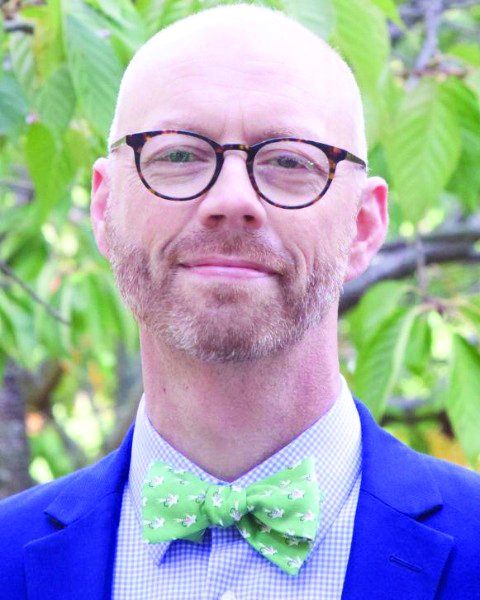
Earlier this year, I was asked to participate in a meeting titled “Virtual Summit to Define the Role of Oncology Advanced Practitioners in Equitable Cancer Care Delivery: A Closer Look at Care Coordination, Clinical Trials, and Implicit Bias” held by the Association of Community Cancer Centers (ACCC) and Harborside. This conversation brought together a diverse group of participants to discuss the unique difficulties that people of color and underrepresented populations face with a cancer diagnosis and potential pathways for improvement.
A couple of days before the summit began, I talked to a colleague, who happens to be a person of color, about my participation in this conference. She expressed amused surprise about my involvement in conversations about race and asked me how I planned to participate. Her point, understandably, was that as a White, straight male from a middle-class New England family, I had little experience and even less personal understanding about individual prejudice and the systemic racism that a person of color experiences. Given this, what would I bring to the conversation about factors that impact people of color?
I was still pondering this question as the conference began, when a participant who was Black referred to a colleague at her facility as a “White ally.” Her statement gave me an answer to that question I had asked myself. The term “White ally” let me know that I could use my inherited privilege to aid and be an ally to colleagues who are people of color.
So, what is an ally? Franchesca Ramsey gives a great example in her succinctly informative and hilarious video “5 Tips for Being an Ally.” In it, she cites the classic lineup of Destiny's Child, explaining that if the fight for equality were a girl group, the ally wouldn't be the lead singer, Beyoncé, or the second lead singer, Kelly Rowland. An ally is someone like Michelle Williams who may not have gotten the spotlight the way Beyoncé or Kelly had, but assisted in letting the others shine.
TIPS FOR BEING AN ALLY
How does a person become an ally? And in my case, a White ally? My first instinct was to ask a colleague who is a person of color, but it was also around this time that I had started listening to the entertaining and informative podcast “3 Black Docs” by three physicians who, as the name suggests, are Black. In one of the early episodes, the hosts discussed their fatigue in talking about race with well-meaning White people. While listening, it occurred to me that my original instinct to talk with my colleague would not have been the best initial approach. If this sense of fatigue was universal, then asking her to teach me, her White colleague, about how I am supposed to be an ally would have only added to this fatigue. So, I changed my plan and began doing some homework. I found a treasure trove of guides, articles, videos, blogs, and checklists that can help guide a person who wants to be an ally.
Below are some of the ideas that I took from these sources that I have been considering. It is by no means complete, and like any idea, there's always room for more information.
Racism is a system, not just a slur
It is important to understand my privilege
Self-education is crucial: Listen, do my homework, and get ready to be uncomfortable
Speak up, but not over
Recognize that I am trying to be an ally, but it is not about me
I will make mistakes and possibly offend the group I am trying to help. Acknowledge, apologize, and learn.
Ben O'Keefe, a former aide to Senator Elizabeth Warren and political commentator, wrote towards the end of an essay published in Vox, “How to Be a Good White Ally, According to Activists” that a White ally needs to “…give permission to forgive ourselves, to look forward from this day forward for permission to become better partners…permission to educate yourself, permission to grow—that is being a good ally.”
I recognize that these are broad strokes and becoming an ally requires work, conversation, and action that go far beyond this editorial. But this is my start.
Another part of this ongoing conversation will be a virtual roundtable discussion at this year's JADPRO Live Virtual 2021 titled “A Call to Action: The Role of the Oncology AP in Equitable Cancer Care.” It will cover the highlights from the summit mentioned previously. Soumya J. Niranjan, BPharm, MS, PhD, Beth Faiman, PhD, MSN, APRN-BC, AOCN®, FAAN, Brianna Hoffner, MSN, ANP-BC, AOCNP®, and I will discuss issues including implicit bias, equity and care coordination in the setting of clinical trials, and access to care. I hope you can join us, and I look forward to talking with many of you.
References
- Chescaleigh. (2014). 5 tips for being an ally [YouTube Video]. https://www.youtube.com/watch?v=_dg86g-QlM0&t=128s
- Stewart, E. (2020). How to be a good white ally, according to activists. https://www.vox.com/2020/6/2/21278123/being-an-ally-racism-george-floyd-protests-white-people


